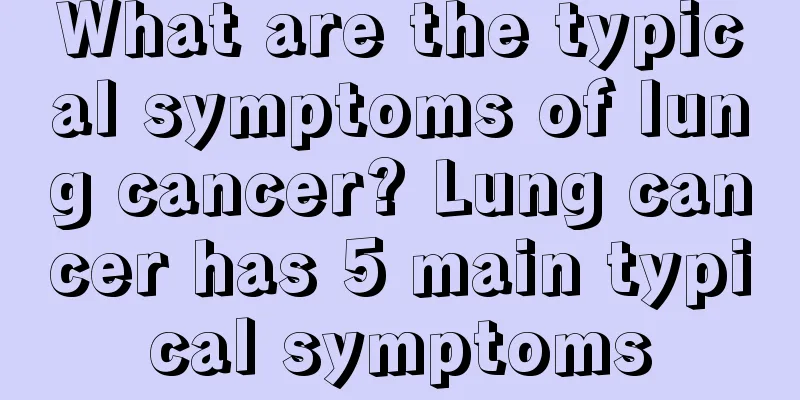What are the signs of nasopharyngeal cancer and how to treat it

|
The earlier nasopharyngeal cancer is treated, the greater the chance of recovery, so we must pay attention to the precursors of nasopharyngeal cancer. So, what are the precursors of nasopharyngeal cancer? How to treat it? The early symptoms of nasopharyngeal carcinoma are often not obvious, but as the disease becomes more serious, the symptoms will gradually become more severe. Common clinical symptoms are as follows: 1. Headache: This is a common symptom, accounting for 68%.6%. In the early stage, the headache location is not fixed and intermittent; in the late stage, it is a continuous migraine with a fixed location. 2. Cervical lymph node metastasis: NPC is prone to cervical lymph node metastasis, about 60.3% to 86.1%, half of which are bilateral metastasis. Cervical lymph node metastasis is usually the first symptom of NPC. 3. Respiration nosebleed: Bleeding symptoms may occur in the early stage, manifested as blood in sputum after suctioning the nose or blood in the nose when blowing the nose. In the early stage, there is only a small amount of blood in the sputum or runny nose, sometimes no blood; in the late stage, there is more bleeding and there may be nosebleeds. 4. Facial numbness: refers to numbness of the facial skin, clinical examination shows decreased or absent pain and tactile sensation. The tumor invades the facial nerve, causing numbness or abnormal sensation of the skin in front of the auricle, cheek, lower lip and chin. 5. Nasal congestion: When the tumor blocks the nostrils, the symptoms of nasal congestion may occur. When the tumor is small, the nasal congestion is mild. As the tumor grows, the nasal congestion worsens, mostly unilateral. If the tumor blocks both posterior nostrils, bilateral nasal congestion may also occur. For patients who have just started to develop the disease and have a mild condition, the treatment is generally based on the principle of radical cure, but remember not to use surgery blindly. Generally speaking, in the first stage of nasopharyngeal carcinoma treatment, nasopharyngeal tumors are usually treated with single radiotherapy and neck lymph nodes are treated with preventive external radiotherapy. Stage I nasopharyngeal carcinoma generally does not require adjuvant chemotherapy. Early stage II nasopharyngeal carcinoma tumors are small and have no lymph node metastasis and are usually treated with single radiotherapy and neck preventive radiotherapy. |
<<: Can brain cancer cause nose bleeding?
>>: Can nasopharyngeal cancer be treated with surgery? What are other treatments?
Recommend
What should I do if I have ear eczema?
Eczema is one of the diseases with a particularly...
How many times a day is normal to urinate
Urination is a physiological activity that everyo...
What are the key points of postoperative care for rectal cancer? What should be done in the follow-up examination for rectal cancer?
If the symptoms of rectal cancer are more obvious...
Can a five month old baby sit?
When the baby is 5 months old, it is usually time...
Nursing goals for endometrial cancer
Recently, according to the feedback from many end...
What are the sequelae and symptoms caused by radiotherapy for nasopharyngeal carcinoma?
What are the sequelae of nasopharyngeal carcinoma...
What is the reason for high creatinine urea nitrogen?
The level of blood urea nitrogen (BUN) is an impo...
What causes urethral bleeding
The problem of urethral bleeding must not be igno...
Nursing methods after colon cancer surgery
Nowadays, surgical treatment of diseases has beco...
How to preserve old soup for a long time without spoiling
The old soup we refer to in our daily life genera...
What does lung cancer carina mean
What does lung cancer carina mean? Lung cancer ca...
A simple analysis of the causes of endometrial cancer
We all know that cancer is a very terrible diseas...
What are the dangers of standing for a long time
Different people have different lives and differe...
Are there any side effects of eye bag removal? Be careful when you love beauty
If we have obvious eye bags, we will look listles...
Can lymphoma be treated with surgery? Is the effect good?
Can lymphoma be treated with surgery? Is the effe...









